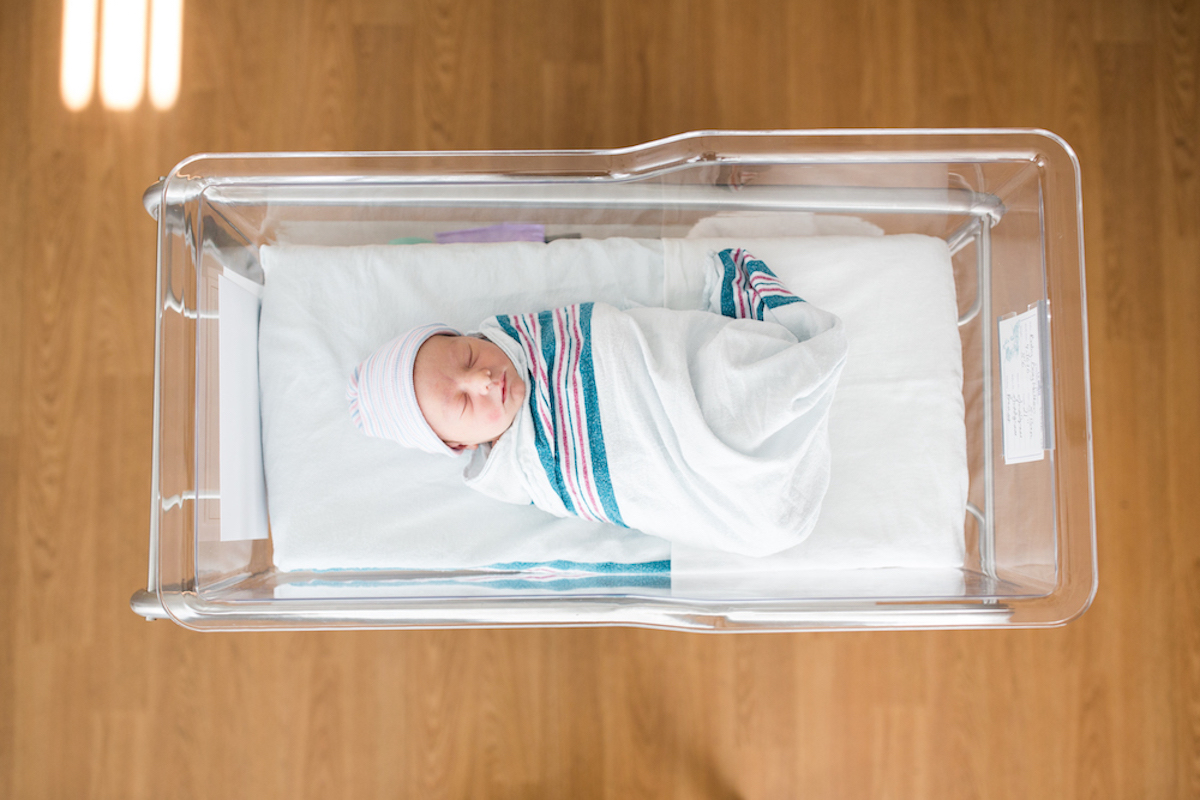What is the minimum number of months you recommend breastfeeding in order for your child to reap the greatest benefits? If I try to put my economist hat on, another way of asking this is what is the point of diminishing returns when it comes to breastfeeding?
—Stephanie
First, I will link back here to my chapter on the benefits of breastfeeding, just to gently push back on the idea that it is necessarily a way to “optimize” your child. There are some small benefits of breastfeeding, but much of what is claimed about this is overstated. “Greatest benefits” considerations may not take into account, for example, the possible tradeoff between breastfeeding and maternal mental health.
However: to the extent that we see benefits in breastfeeding, they tend to accrue early on in life. The largest benefits are associated with decreased risks of serious digestive issues in preterm babies in the NICU. There is some reduction in risk of gastrointestinal illness in general, which will be more serious for younger babies.
Most of what we know, therefore, suggests that whatever relatively small health benefits there are to breastfeeding, they are largest for the youngest babies. How quickly do these benefits deteriorate? What is the size of the remaining benefit going from six months to seven months, or 10 to 11? Does it depend on how much solid food your child is eating? None of these are questions we have good answers to. Nor do I think we are ever likely to have those, since any data we have to address these will be biased by differences across individuals. Moreover, since we expect any effects here to be tiny, we’d need an enormous sample size to pick them out.
Bottom line: I have no single answer for you. The optimal amount of time to breastfeed should really be driven by the weighing of costs and benefits on the margin for you. Your returns may diminish at some point, and that’s probably when it’s time to stop.
Community Guidelines
















Log in